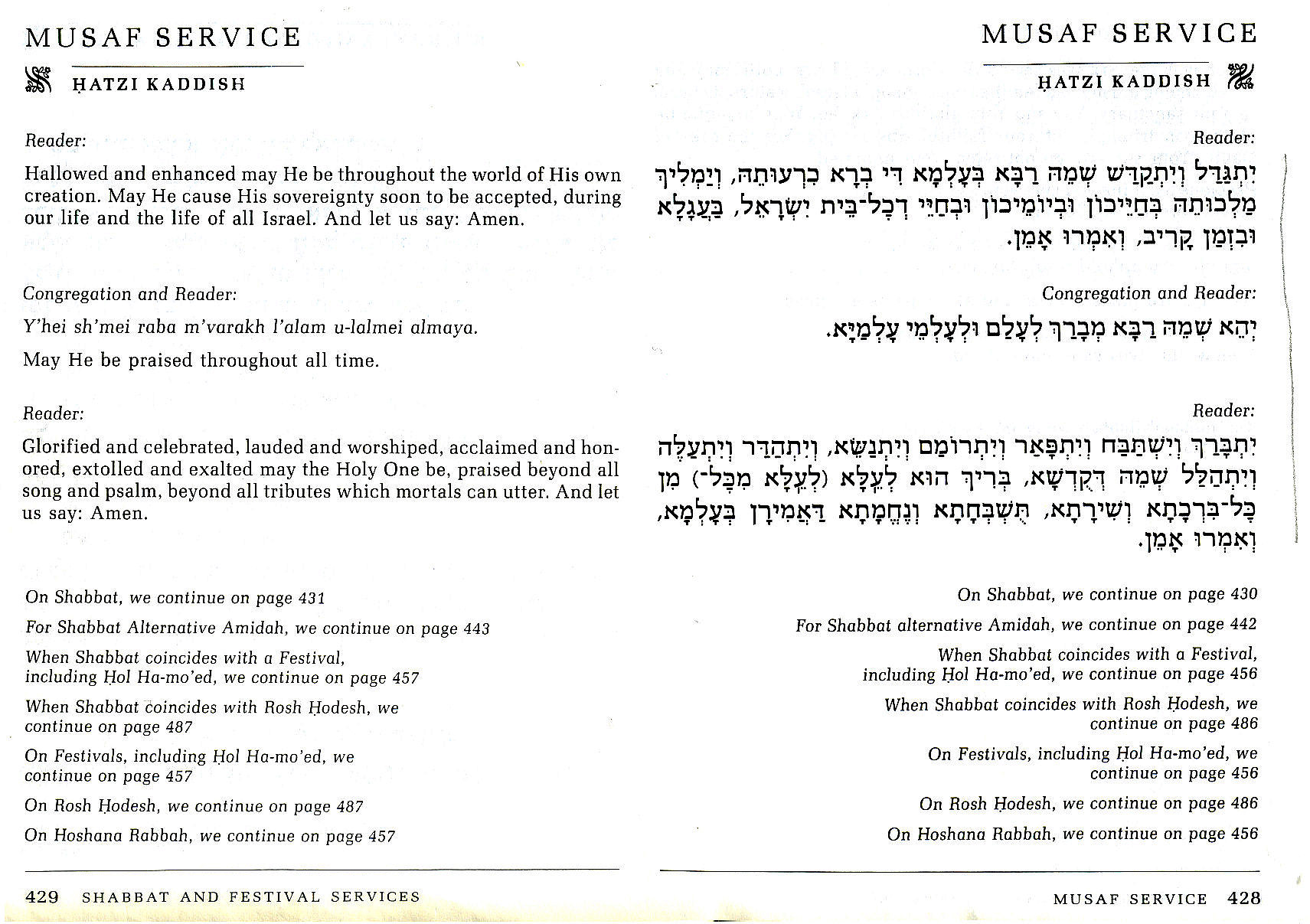
We seek to be holy to You, to embrace this sacred potential among all people,įor out of love You have passed down to us Your holy Shabbat.īlessed are You, Infinite One, who sanctifies Shabbat.

With that same love You made the sanctity of Shabbat our heritageĪs first among our sacred days, it recalls liberation from Egypt. Whose love allows us to become holy through our actions. God blessed the seventh day and made it holy, for on it God rested from all of the work that God had created to do.īlessed are You, Infinite One, creator of the fruit of the vine.īlessed are You, Infinite One, Source of the universe God completed by the seventh day the work that God had done, and God rested on the seventh day from all of the work that God had done. And the heavens and earth and all their components were completed. There was evening and there was morning, the sixth day. Blessed are You, Infinite One, Who sanctifies Shabbat. V’Shabbat kodshicha b’ahavah uv’ratzon chinchaltanu.īlessed are You, Infinite One, Creator of the fruit of the vine.

Ki vanu vacharta v’otanu k’dashta mi’kol ha’amim Ki hu yom tehilah l’mikra’ei kodesh zeicher litziat Mitzrayim. V’Shabbat kodsho b’ahahvah uv’ratzon hinchilanu zikaron l’ma’aseh v’reishit. Ki vo shavat mi’kol melachto asher bara Elohim la’asot.īaruch Atah Adonai Eloheinu Melech ha’olam asher kidshanu b’mitzvotav v’ratzah vanu Va’yivarech Elohim et yom ha’shivi’i va’yikadesh oto Va’yishbot ba’yom ha’shivi’i mi’kol milachto asher asah. Va’yichol Elohim ba’yom ha’shivi’i milachto asher asah Va’yichulu ha’shamayim va’ha’aretz v’chol tziva’am. Your browser does not support the audio element.īaruch Atah Adonai Eloheinu Melech ha’olam borei p’ri ha’gafen. Thanks to Shira Kline, award-winning performer and music educator, and Josh Nelson, influential composer and performer, for these incredible audio recordings. In other words, you can’t make a bad choice.
#KIDDUSH TRANSLITERATION FULL#
There are two main approaches to a traditional kiddush, one short and sweet, sort of like a light bodied Pinot Noir, the other full and robust, more like a Bordeaux. It’s the final line of that closing passage ( mikadesh ha’Shabbat) that makes the wine a symbolic conduit for marking this time as sacred. Traditional kiddush in its entirety is pretty long, as it includes an introductory passage taken directly from the book of Genesis, a one line blessing ( borei pri ha’gafen) that acknowledges the wine itself, and a closing passage that evokes both the creation narrative and the exodus from Egypt. That’s the magic of kiddush, from the Hebrew word for holy - our ability to demarcate time, to say that this Friday night, this Shabbat dinner, this exact moment, which has never occurred before and never will again, is special. It’s not about the wine itself, it’s about what it has the power to do when we raise our glass with intention.

While it’s tempting to imagine that our sages simply decided to sweeten celebratory practices from births to weddings with wine because, well, wine, they actually do it because the wine itself is like a switch: flip it, and we’ve set time apart, made it special, holy, other. But ritual doesn’t exist for the sake of itself, it exists to accomplish something, almost like an ancient form of technology. much all Jewish ceremonies and celebrations involve wine, and Shabbat dinner is no exception. Let us bless the Source of Life that ripens the fruit on the vine.Įxcerpted from The Book of Blessings: New Jewish Prayers for Daily Life, the Sabbath and the New Moon Festival Harper, 1996 paperback edition, Beacon, 1999 © 1996 Marcia Lee Falk. N’vareykh et Eyn Hahayim matzmikhat p’ri hagafen. In addition, they locate the power of blessing with the people (“Let us bless” rather than with God’s inherent blessedness (“Blessed are you”)

Her blessings avoid the problem of God’s gender because they do not reference God as a person-like being. was written by Marcia Falk, a prominent Jewish feminist liturgist. The following alternative kiddush The prayer recited over wine on Shabbat, holidays, and other joyous occasions. You are blessed, Our God, Spirit of the World, who creates the fruit of the vine. Some new versions of blessings call God "Spirit of the World" (Ruakh Ha’olam), rather than "King of the World" (Melekh Ha'olam). Some people prefer this name for God as a non-gendered option.


 0 kommentar(er)
0 kommentar(er)
